MILAN UNIT
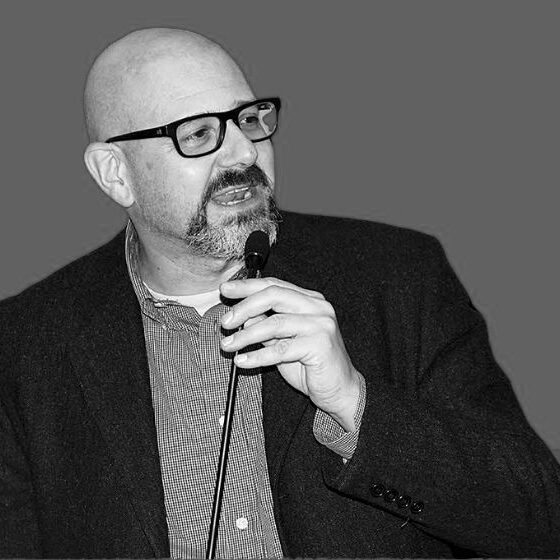
Ruggero Eugeni
PRINCIPAL INVESTIGATOR
Ruggero Eugeni is full professor of Media Semiotics at the Università Cattolica del Sacro Cuore (Milano). He has been visiting professor in Paris 3 and Paris 4 Universities and at Goethe Universität (Frankfurt am main). He specifically studies the relationships between semiotics and neurocognitive sciences in the construction of a theory of the audiovisual spectator experience; in this sense, he is coordinating a research on the subjective perception of time in the vision of moving images. On the archaeological side of research, he has been studying the relationship between cinema and hypnosis. Among his most recent works: Semiotica dei media. Le forme dell’esperienza (2010); Invito al cinema di Stanley Kubrick, 4th edition (2014); Neurofilmology. Audiovisual Studies and the Challenge of Neurosciences (edited with Adriano D’Aloia, 2014); La condizione postmediale (2015); Teorie del cinema, Il dibattito contemporaneo (edited with Adriano D’Aloia, 2017, Limina Award 2018); Capitale algortmico. Cinque disposirtivi postmediali (più uno) (Brescia, 2021).
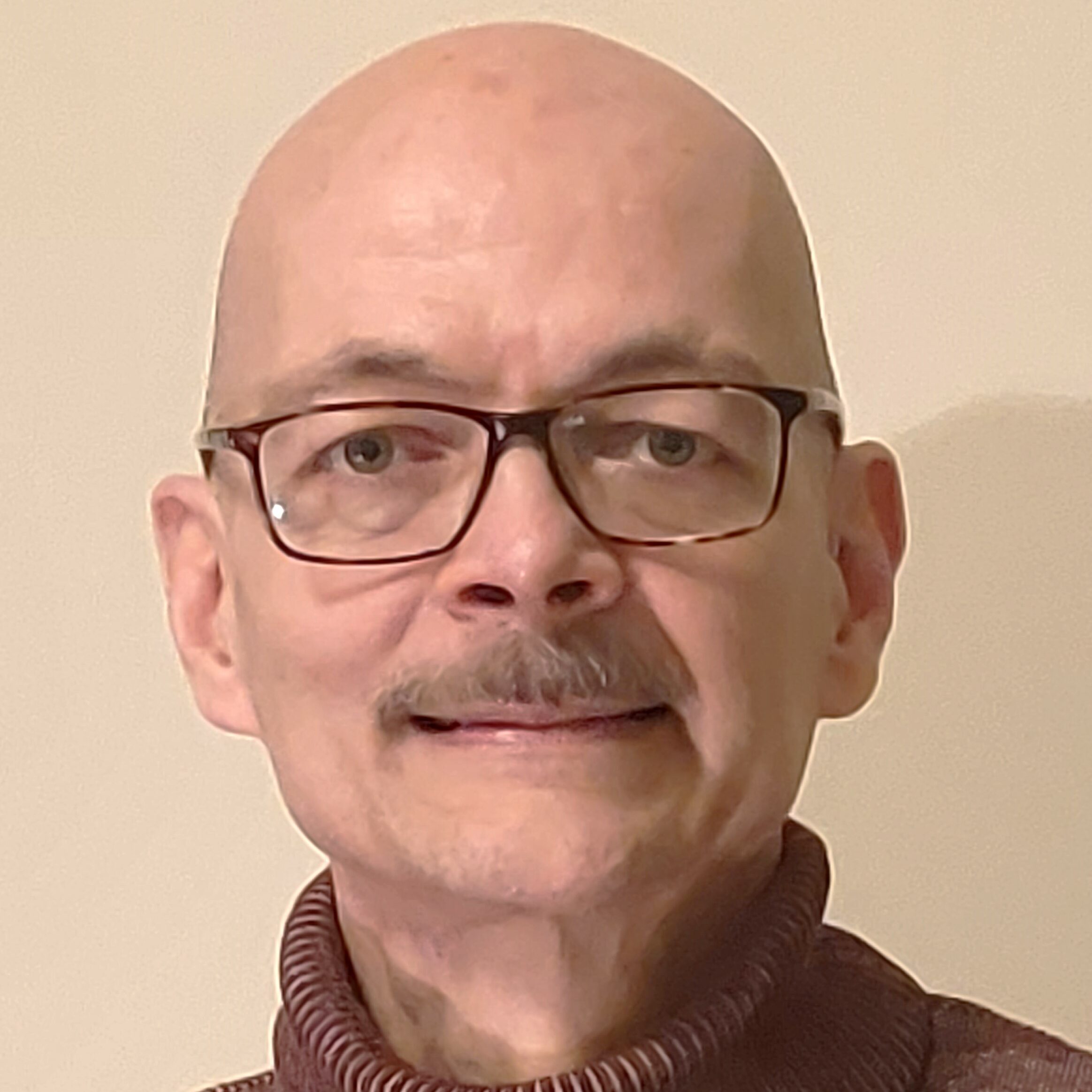
Massimo Locatelli
Massimo Locatelli is full professor of Film and media studies at the Università Cattolica del Sacro Cuore, Milan, a founding member of NECS – European Network of Cinema and Media Studies, and a member of the editorial boards of Comunicazioni Sociali. Journal of Media, Performing Arts and Cultural Studies and Cinéma & Cie. Film and Media Studies Journal. He recently edited Artificial Lives: The Humanoid Robot in Contemporary Culture (2022) and Cantautore: The Songwriter in Culture and the Media (2022). On the topic of rhythm, he recently published “Paul Fraisse’s Psychology of Rhythm: A Case for Filmology?”, Cinéma & Cie 38 (2022): 83-96, “Il catalogo musicale pop e il cinema delle emozioni: il caso Yuppi Du (1975)”, Schermi 7 (2020): 47-71, “Ritmo e audiovisivo. Una questione di metodo”, Gli spazi della musica 1 (2021): 4-19, and, on the history of film psychology, “Kurt Lewin in Film Theory and Culture”, in Bogner, D., Sriram-Uzundal, N., Soff, M. (eds.), Kurt Lewin reloaded. Band 2: Feldtheoretische Modelle und Konzepte für interdisziplinäre Forschung und Praxis, Springer Nature, Wiesbaden 2023, pp. 15-25.
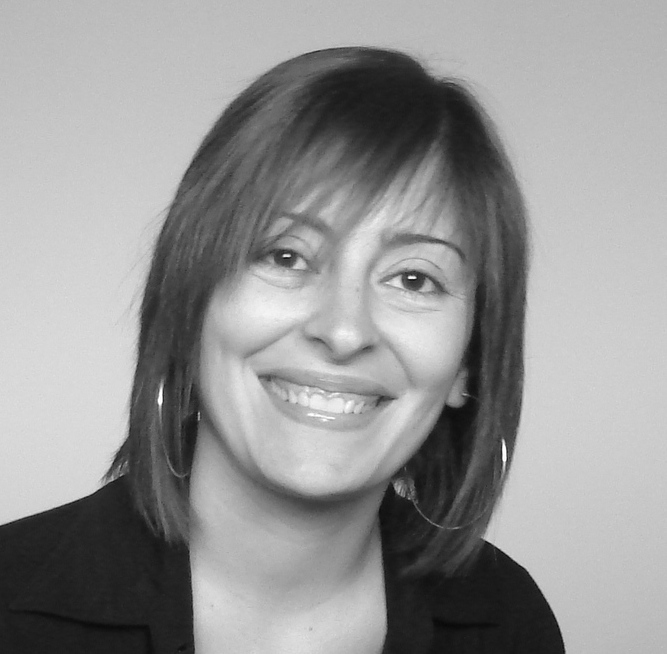
Stefania Balzarotti
Stefania Balzaraotti is researcher in General psychology at the Università Cattolica del Sacro Cuore in Milan since 2010. She holds a M. Sc. and a Ph.D. in Psychology, as well as a 2nd-level post-graduate master course in Neuropsychology. Her research activity concerns emotion and emotion regulation, using different methodological approaches (e.g., nonverbal behavior, biosignals, eye-tracking).
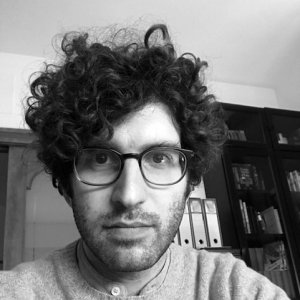
Giancarlo Grossi
Giancarlo Grossi is assistant professor of Cinema, Photography and Television at the Università Cattolica del Sacro Cuore in Milan. He earned his PhD in 2016 in Humanities. Tradition and Contemporaneity in the same University, with the thesis “Psychology of Perception and Aesthetics of Movement in France (1875-1905). An archaeology of the cinematic experience”. From 2018 to 2023 he was a postdoc researcher in Aesthetics at the University of Milan. From 2019 is was a member of the ERC Project “AN-ICON. History, Theory, and Practices of Environmental Images”, devoted to immersive images and extended realities. He has taught Filmology (Università Cattolica del Sacro Cuore, Brescia), Semiotics of art (Accademia di Belle Arti Santa Giulia, Brescia), Media aesthetics, image and representation theory (University of Milan) and Modern and contemporary arts (University of Bergamo). In 2019 he was collaborateur scientifique externe at the Université de Lausanne, and in 2021 he was visiting scholar at Columbia University in New York. His studies explore from the perspective of media archaeology the intersection of cinema, mind sciences, and visual culture, with a particular focus towards immersive and multisensory media. His publications include the volumes Le regole della convulsione. Archeologia del corpo cinematografico (2017) and La notte dei simulacri. Sogno, cinema, realtà virtuale (2021).
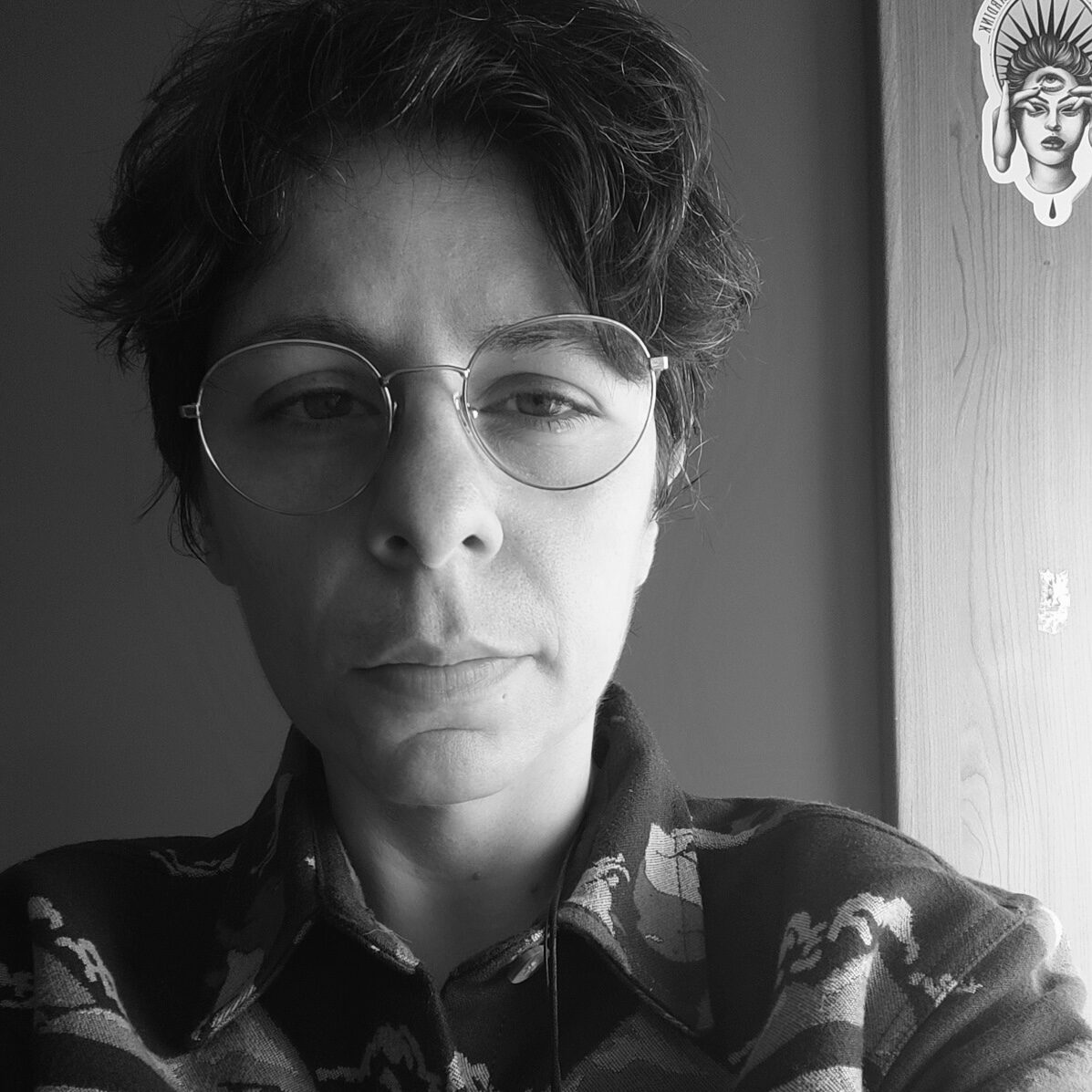
Oscar Russo
Oscar Russo is a researcher at the Università Cattolica del Sacro Cuore in Milan. During his PhD he worked on the bodily, temporal, and relational aspects of consciousness and wrote a thesis called “Playing the Rhythm”, where he describes human animals as time-makers and attunement-seekers. Recognizing the rhythmic nature of consciousness has brought him to collaborate with dancers, seeking the chance to explore the healing power of mindful(bodyful) co-presence in mental and existential suffering.

Federico Bionda
Since 2022, Federico Bionda has been a PhD student at Università Cattolica del Sacro Cuore and previously graduated from Università Vita-Salute San Raffaele in Psychology – Cognitive neuroscience. He is a lecturer of Media and social networks. From 2016 to 2022, he was a data analyst in market research, combining solid analytical abilities with the creation of visual insights.
PARMA UNIT
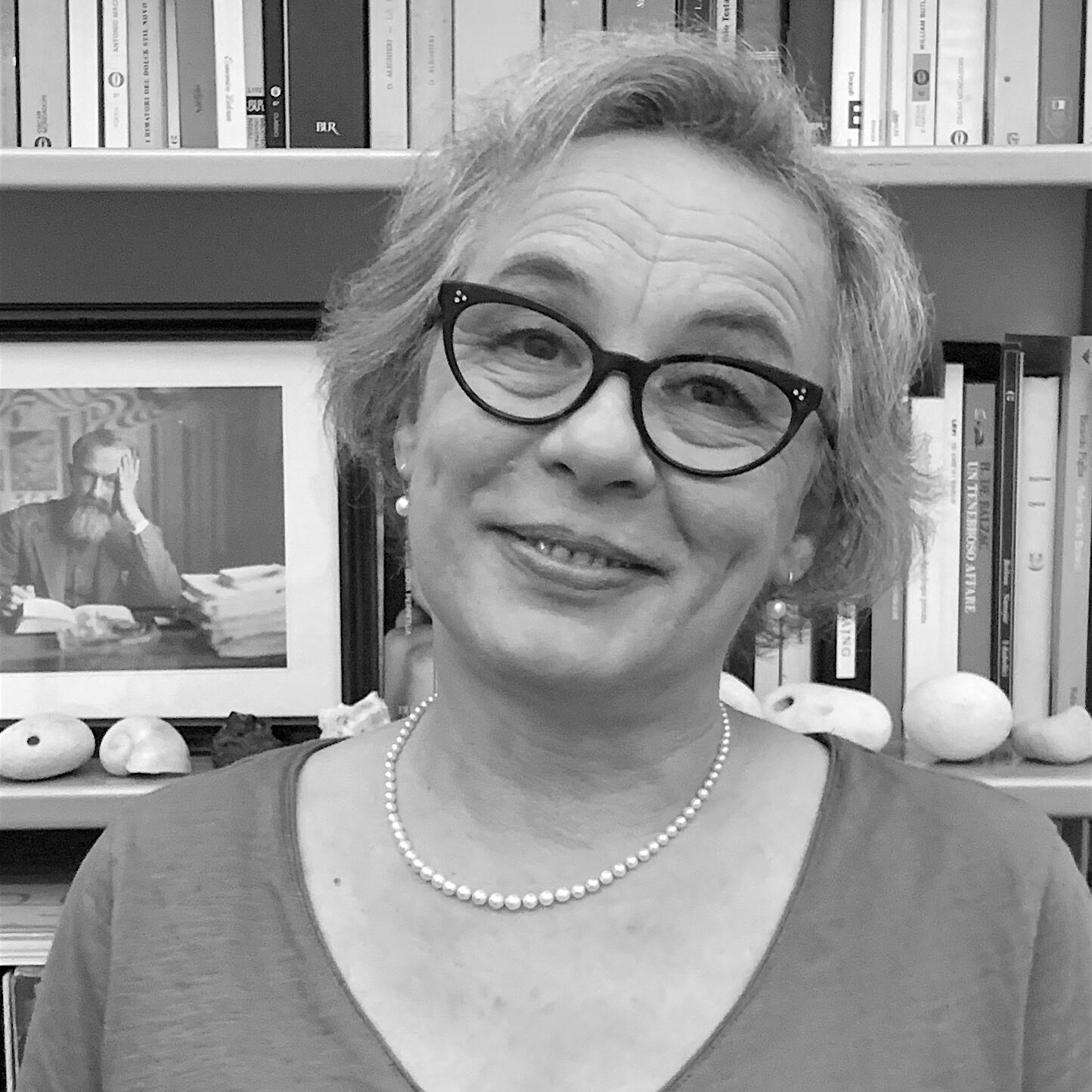
Maria Alessandra Umiltà
UNIT COORDINATOR
Maria Alessandra Umiltà, PhD, is a leading expert in social cognition and electrophysiology techniques on monkeys and humans. Her research interests include the mechanisms of inhibition of voluntary movement, the neural basis of emotion recognition in children and adults, the neural basis of social cognition, the role of the cortical sensory-motor system in the control of higher cognitive functions, the role of the body in aesthetic experience. She is Associate professor of Physiology in the Department of Food and Drug, University of Parma. She is affiliated with the Unit of Neuroscience of the Department of Medicine & Surgery, University of Parma, where she leads the high-density EEG Lab. From 2007, she is a member of the board of the International PhD Program in Neuroscience, and she teaches Physiology and Neuroscience at University of Parma. She has published research articles in prestigious international journals with high impact factor (e.g. Science, Neuron, Current Biology, Journal of Neurophysiology, Journal of Cognitive Neuroscience, PNAS and others).
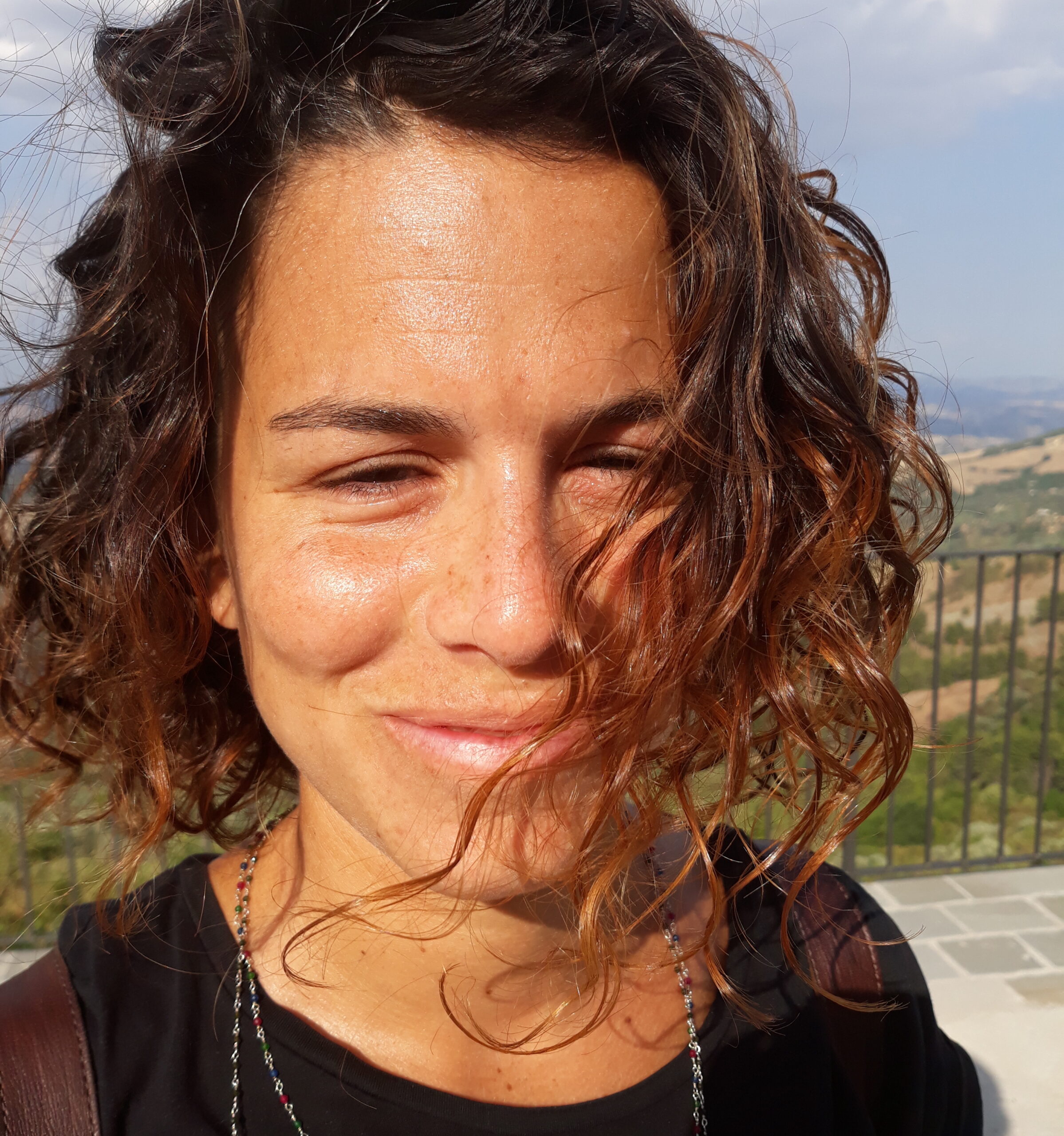
Marta Calbi
Marta Calbi is a PostDoc fellow holding a PhD in Neuroscience from University of Parma. Her research activity is focused on the investigation of emotions from an embodied perspective. This research deals with the way the sensory-motor system processes emotional information, in particular emotions conveyed by body postures (i.e., emotional body language – EBL), by means of behavioural and electrophysiological methods in humans. Being nurtured by her acting experiences, her research is also dedicated to the scientific investigation of the actors/actresses – spectators’ bodily relationship, thus integrating evidence from basic understanding of EBL with theatre and performance studies. To date, she has published several studies on this topic in international and peer-reviewed scientific journals. Recently, she broadened her research interest to the field of aesthetics and phenomenology investigating affective and bodily identity by means of an interdisciplinary approach.
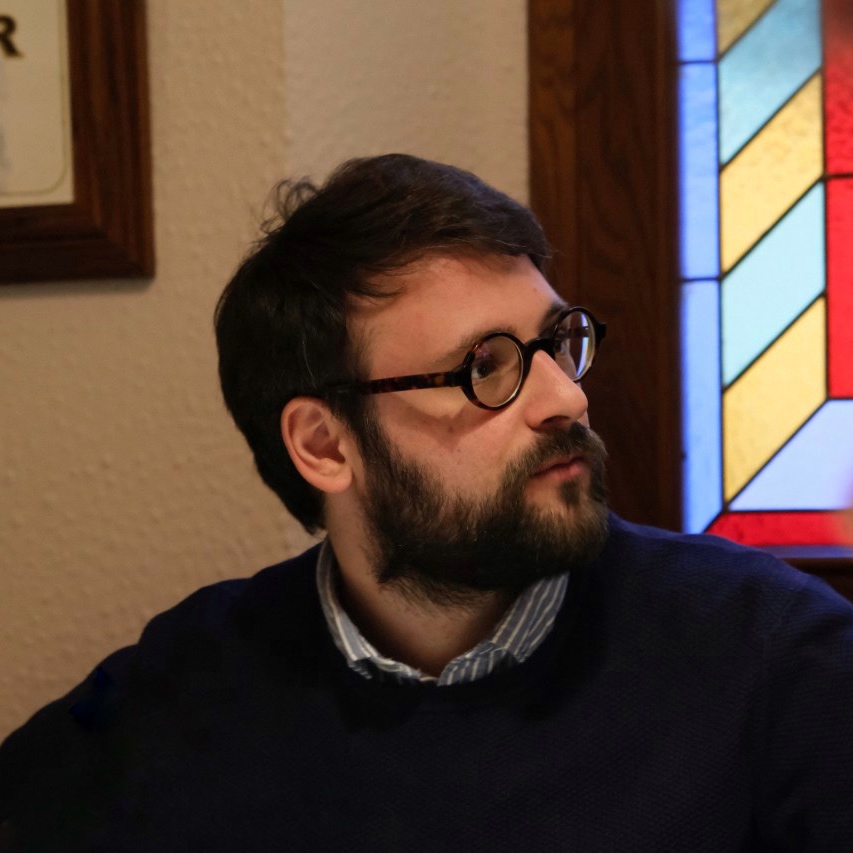
Nunzio Langiulli
Nunzio Langiulli is a PostDoc fellow holding a PhD in Neuroscience at the University of Parma. His research interests are oriented towards the neurophysiological bases of Aesthetic experience, Audio Visual Perception, Embodied Simulation Mechanisms, and Peripersonal Space representation and plasticity. During his PhD his research activity was focused on the investigation of the effect of Surround sound on embodiment and sense of presence during cinematic experience by means of behavioural and electrophysiological investigations in humans. He is particularly intrigued by the transformative potential of device mediation in shaping and influence our perception of reality, regardless of the sensory channel involved. This fascination stems from a deep curiosity about how various technological innovations can dynamically alter our understanding and bodily experience of the world around us. He is a member of the Social Cognitive Neuroscience directed by Prof. Vittorio Gallese and the interdepartmental lab Neuroscience&Humanities of the University of Parma that aims to promote and develop research in the field of relations between the humanities and cognitive neurosciences.
BERGAMO UNIT
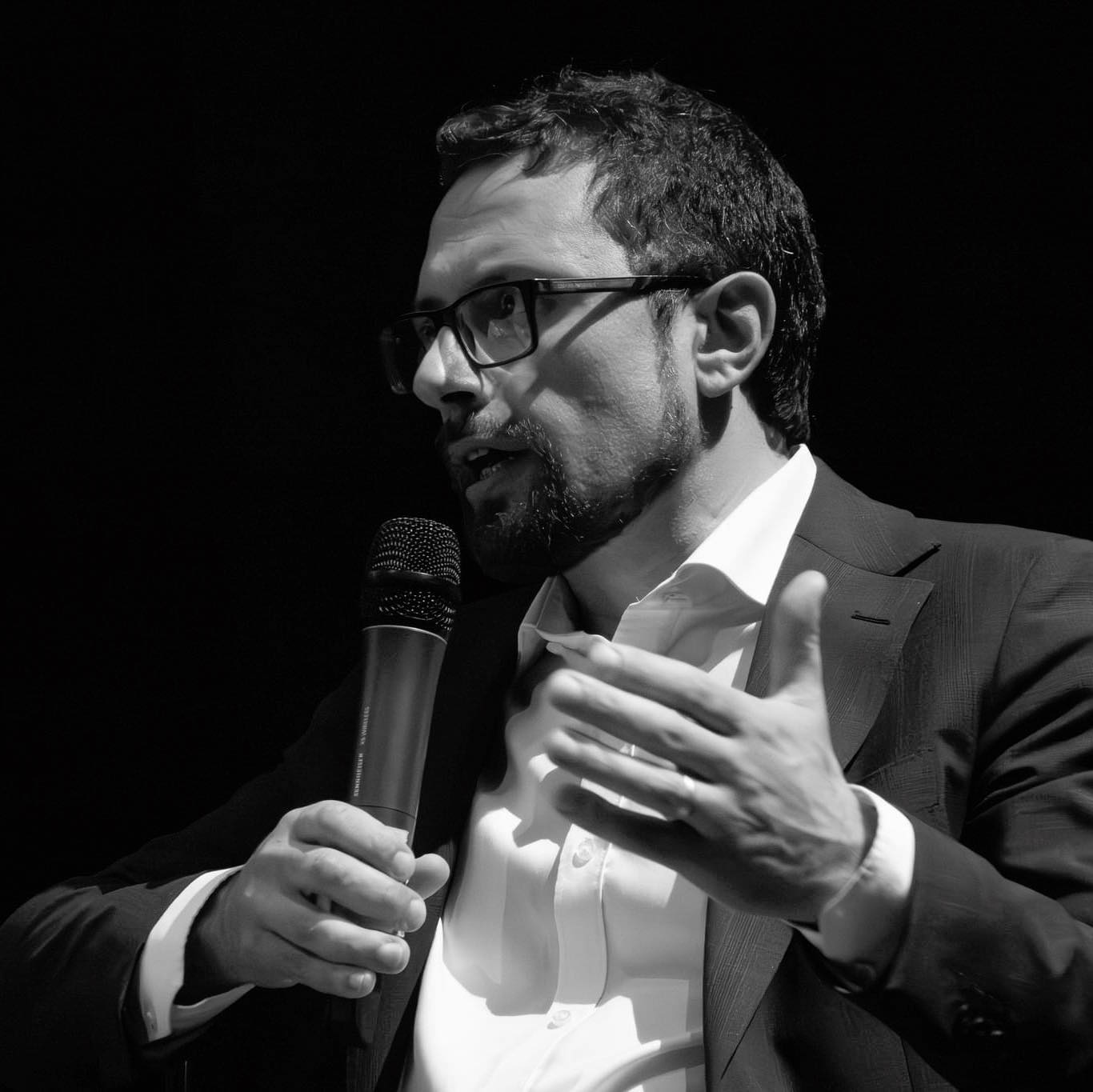
Adriano D’Aloia
UNIT COORDINATOR
Adriano D’Aloia an Associate professor of cinema, photography, television and digital media at the University of Bergamo, where he teaches Visual culture and History of cinema. He is the coordinator of the MA program in “Comunicazione, informazione, editoria” and a member of the board of the PhD program in “Transcultural Studies in Humanities”. His research interests focus on film theories, film and media aesthetics, phenomenology of media experience, neurofilmology, gestalt filmology, virtual reality and immersive media, post-photography, fashion media, media ecology, and enactive media. Among his recent works: Neurofilmology of the Moving-Image (2022), Teorie del cinema. Il dibattito contemporaneo (with Ruggero Eugeni, 2017), and the Italian translation of Murray Smith’s Film, Art, and the Third Culture (Cinema, evoluzione, neuroscienze, 2022). He is the co-curator of academic journal special issues on Neurofilmology (Cinéma & Cie, with Ruggero Eugeni), Post-photography (Comunicazioni sociali, with Francesco Parisi), Fashion media (with Marco Pedroni and Marie-Aude Baronian, Comunicazioni sociali), VR storytelling (Cinergie, with Simone Arcagni), Narrative architectures (with Enrico Carocci, Imago), and Mediacene (with Jacopo Rasmi, Elephant & Castle).
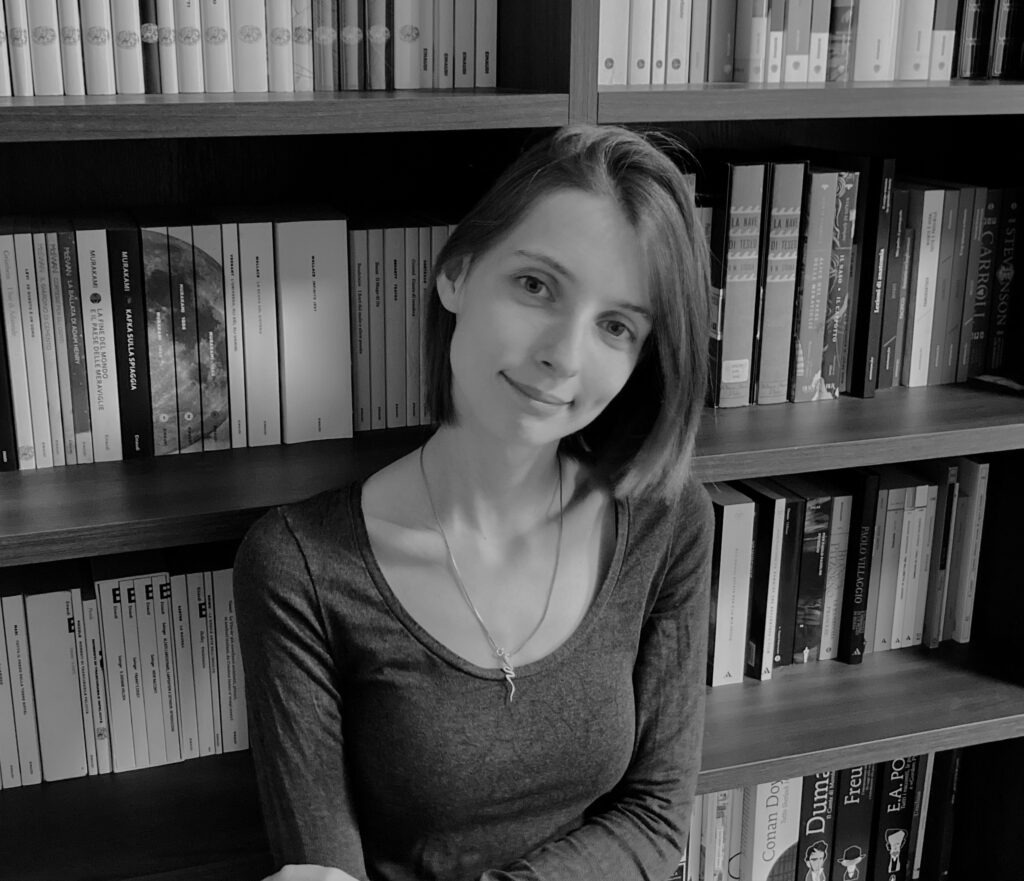
Anja Boato
Anja Boato is a Postdoctoral Fellow at the University of Bergamo and is completing a PhD in Music and Performing Arts at Sapienza University of Rome, with a dissertation titled XR System. Forms, Spaces, and Industrial Practices of Immersive Media. She has written about transmedia storytelling, fandom studies, and popular culture in edited books, essays, and a book (Shipping. Uno sguardo sociologico sui fandom romantici, 2022). Her current research focuses on immersive technologies, which are central to her recent academic work, teaching initiatives, and event organization, including the workshop Ecomedia: Industry and Creativity Between Video Games and Virtual Reality (Sapienza University of Rome, 2023). She is also actively involved in the “Cinema Docet – Proiezioni sull’attualità in UniBg” project (University of Bergamo) and contributes to the editorial board of the peer-reviewed journal “Imago. Studi di cinema e media”.
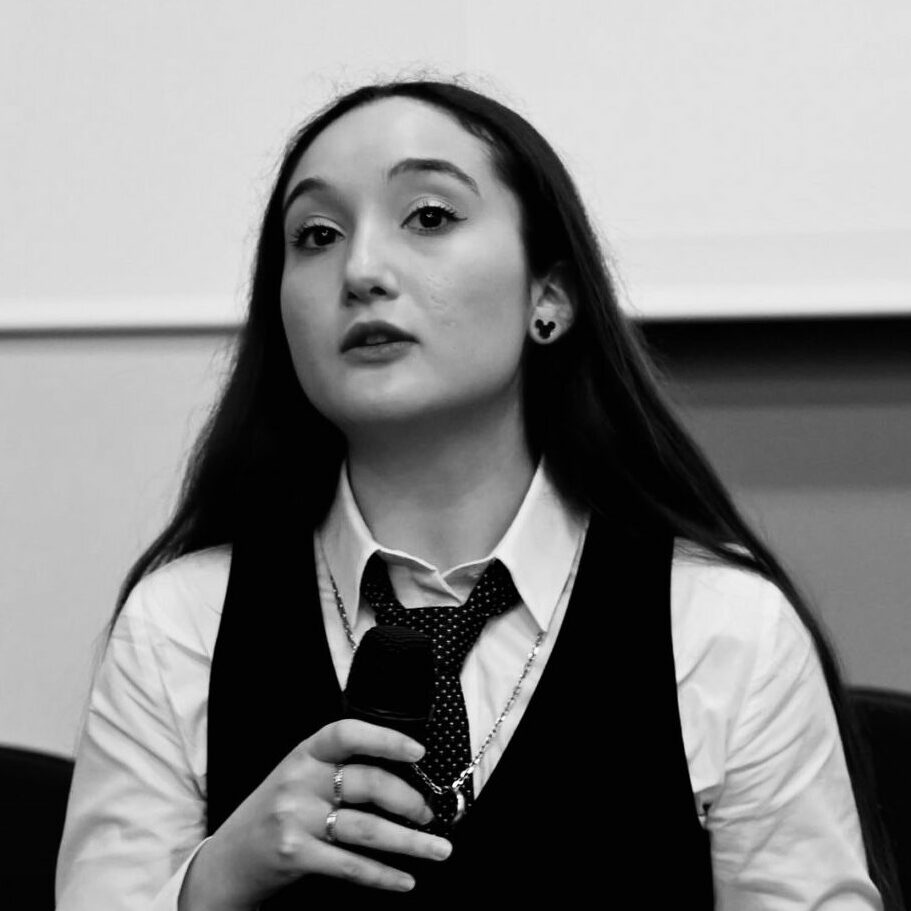
Shannon Magri
Shannon Magri is a PhD student in Transcultural Humanities at the University of Bergamo. At the same university, she obtained a BA in Humanities in 2020 and a MA in Communication in 2022, with a thesis entitled “Creatures in Crisis: Anthropocene and Hyperobjects in Visual Culture”. Her research interests are oriented towards the ecological insensitivity plotted by mediating regimes, as well as the role of cinematic and immersive narratives in the representation of the contemporary ecological crisis. Since 2023, she has been collaborating to the public engagement initiative “Cinema Docet. Proiezioni sull’attualità in UniBg”. She is part of the research group CiMAV – Cinema and Audiovisual Media at the University of Bergamo, and she is a member of the editorial board of the A-rated journal Elephant & Castle.